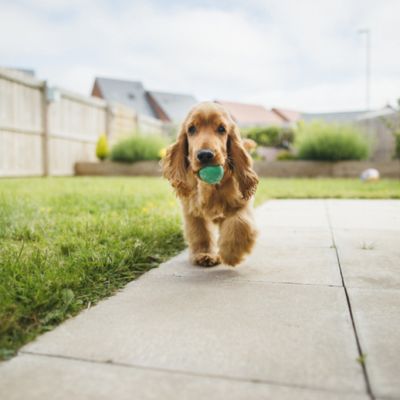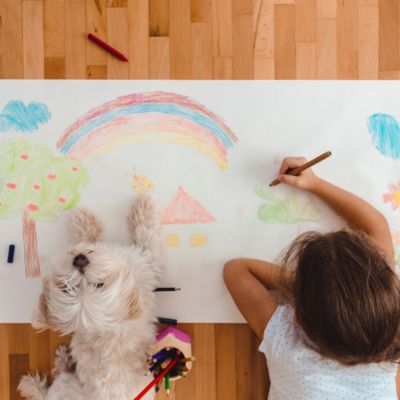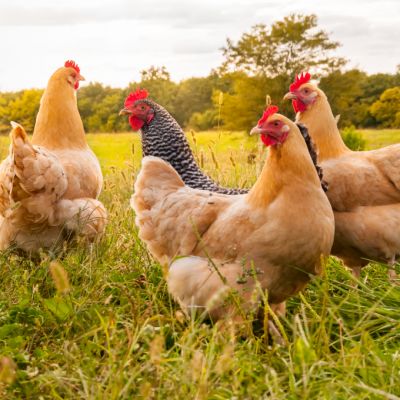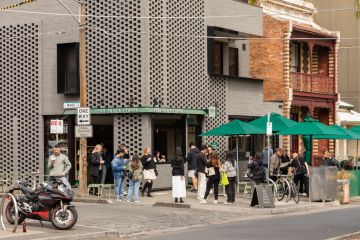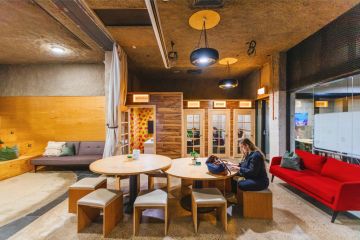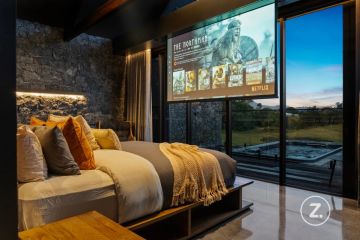How to have a home that is both dog-friendly and stylish
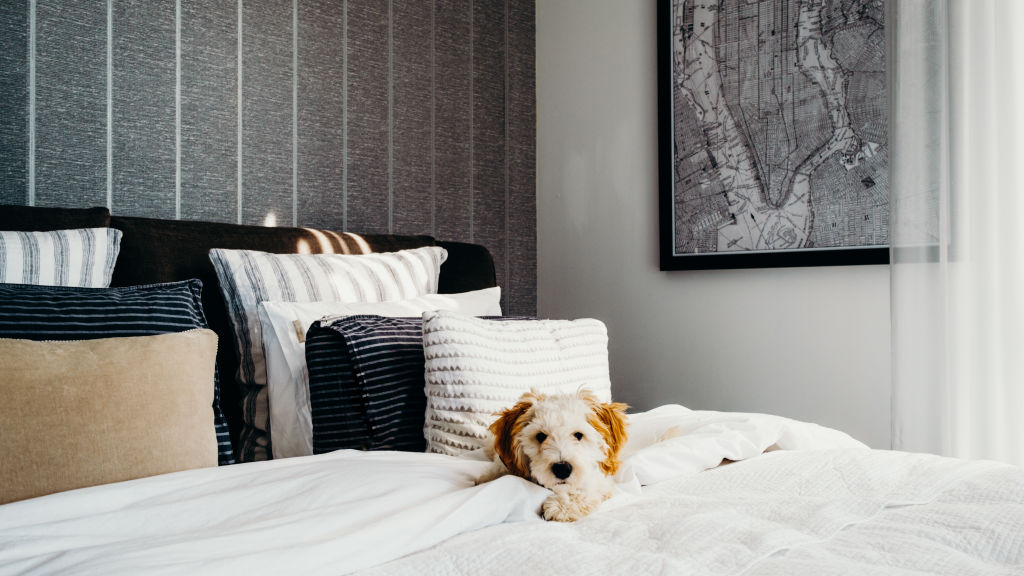
Eternally loyal, always keen to please and often hilarious, dogs have brought untold comfort and joy to the lives of Australians during what will be remembered as one of the most challenging times in recent history.
It’s no surprise that the demand for pooches has soared during the pandemic, with breeders and animal shelters around the nation receiving an unprecedented number of enquiries.
However, while our lives are unquestionably better with our beloved canine residents, our homes may well not be. When this writer and her family welcomed into the house an eight-week-old golden retriever named Bosley, they were – let’s just say – somewhat unprepared for the havoc he would unleash on both the home and his digestive system.
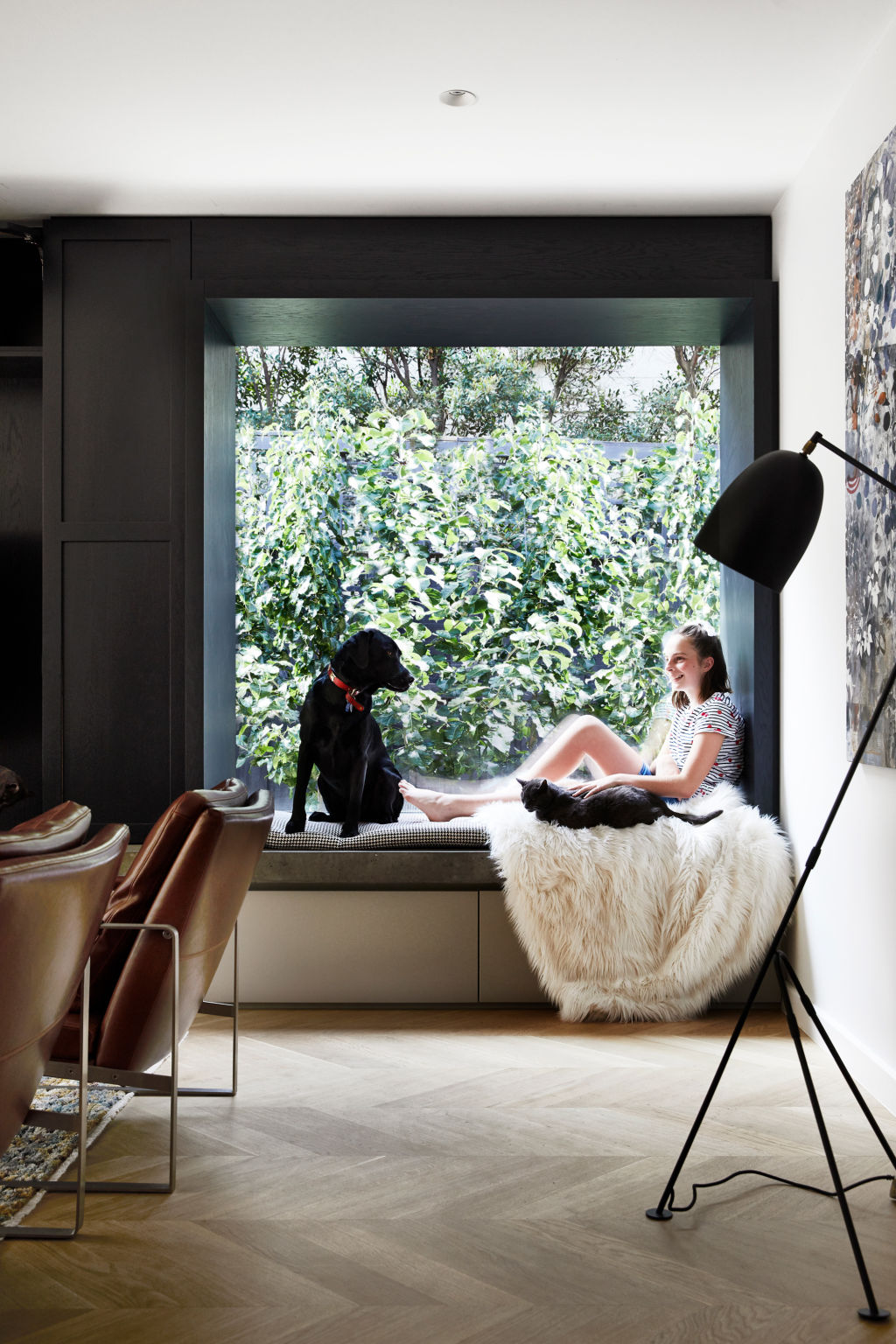
Almost every household item – from a TV remote control to curtains, and even a stone coffee table – was viewed by baby Bosley as a potential snack. Edible or most-definitely-not was of no significance. Nor were the countless and eye-wateringly expensive trips to the animal hospital.
Thankfully for all, Bosley’s appetite for furnishings did wane. The house, on the other hand, was left somewhat the worse for wear.
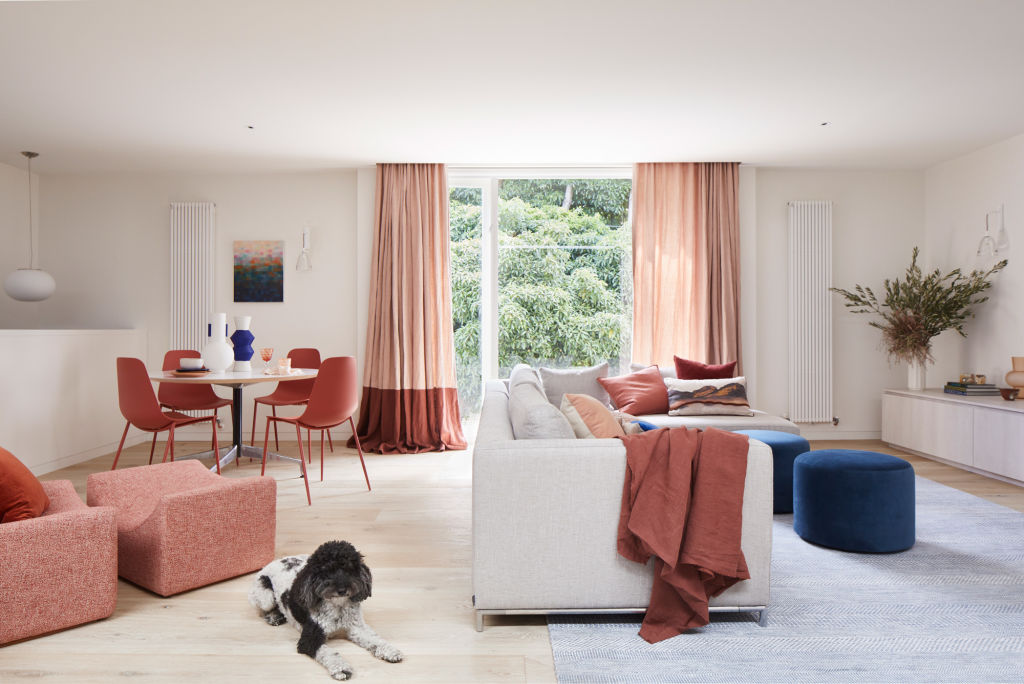
But it doesn’t have to be this way. According to interior designer Wendy Davey, principal of Cranberry Design, it’s entirely possible to have a home that is both dog-friendly and chic. And it all begins, it seems, at paw level – with the floor.
“For our pet owners, we always recommend selecting hard-wearing floors that are easy to vacuum and keep clean, such as a solid Australian timber species or a coated engineered board,” says Davey. “We find dark flooring shows everything, so it’s always better to go slightly lighter. To hide even more, a patterned floor like herringbone or chevron is your go-to.
“Whilst on flooring,” she says, “indoor-outdoor rugs are a fabulous new addition to the homeware range. They’re affordable, soft, durable and, if an accident does happen, they are easily cleaned – you can even hose them down. If you want something a bit more comforting, Australian wool is another pet-friendly option. And a multi-coloured patterned rug is the perfect option for bringing some character into your house, and a great way to mask pet hair and unforeseen accidents.”
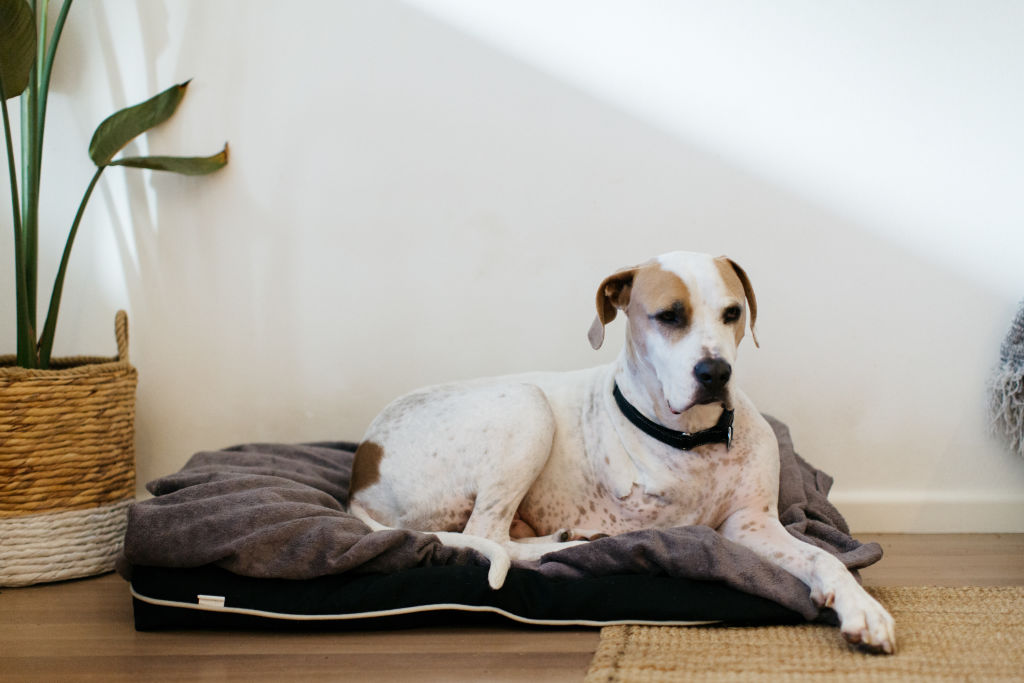
When selecting dog bedding, Davey suggests aligning it with the home’s decor.
“There are so many stylish options these days,” she says. “With pets playing such an integral part in our clients’ lives, we’ve also seen a trend to incorporate spaces for them within the actual build of the house, such as a cupboard-sized opening in the kitchen joinery for the dog to rest in while the owner is cooking.”
As one of the big-ticket furniture items in the home, a sofa that will work for both you and your pooch is key. And that’s certainly attainable, according to Anna Williams of Your Beautiful Home.
“I believe the dog owner’s best friends – after the dog, of course – are the new indoor-outdoor fabrics that are so hard-wearing and easy to clean,” says Williams. “We’re specifying these for sofas and ottomans and even bedheads, for where the puppy is a welcome guest on the bed. These fabrics look and feel beautiful, and you can’t tell that they’re a durable, washable option.
“But beware of timber furniture legs,” warns Williams. “These have great appeal to puppies. If you’re getting a new sofa, you may be able to buy a second set of legs for when the puppy grows out of this habit. And if you do want to let the dog on to a special sofa, put down a soft or fluffy throw that they’re allowed to sit on. This will protect the sofa fabric and can be easily replaced.”
Preparing for a pup
Jade Currie, behaviour department team leader at The Lost Dogs’ Home in Melbourne, believes preparation is the key when adopting a young pooch.
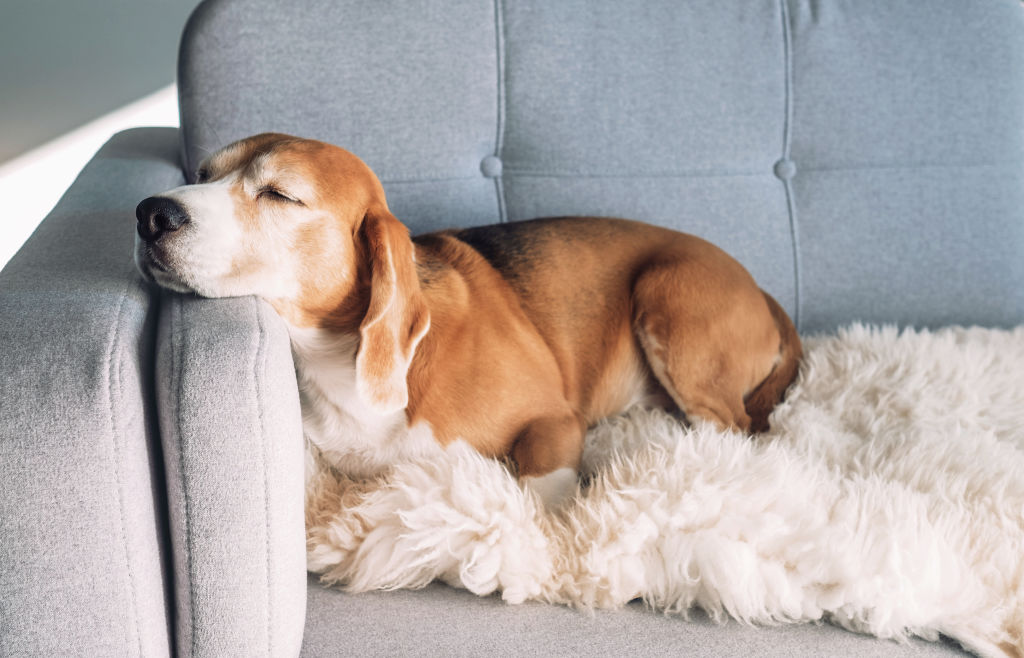
“Bringing a puppy into the house is a little like bringing a baby home from hospital, so thought does need to go into the set-up,” says Currie. “Puppies really like to explore their world with their mouths. So if there are things you don’t want them to chew, make sure you keep them out of reach.”
Currie also recommends a designated ‘puppy play space’.
“You might consider a play-pen with dog toys and bedding in a tiled, easy-to-clean area to keep the puppy safe and occupied when you can’t actively supervise it,” she advises. “Baby gates are also fantastic for puppies until they can be trusted a little more. If they are ‘chewers’, food dispensing toys that keep them distracted, but still provide an outlet can work well.”
We recommend
We thought you might like
States
Capital Cities
Capital Cities - Rentals
Popular Areas
Allhomes
More
